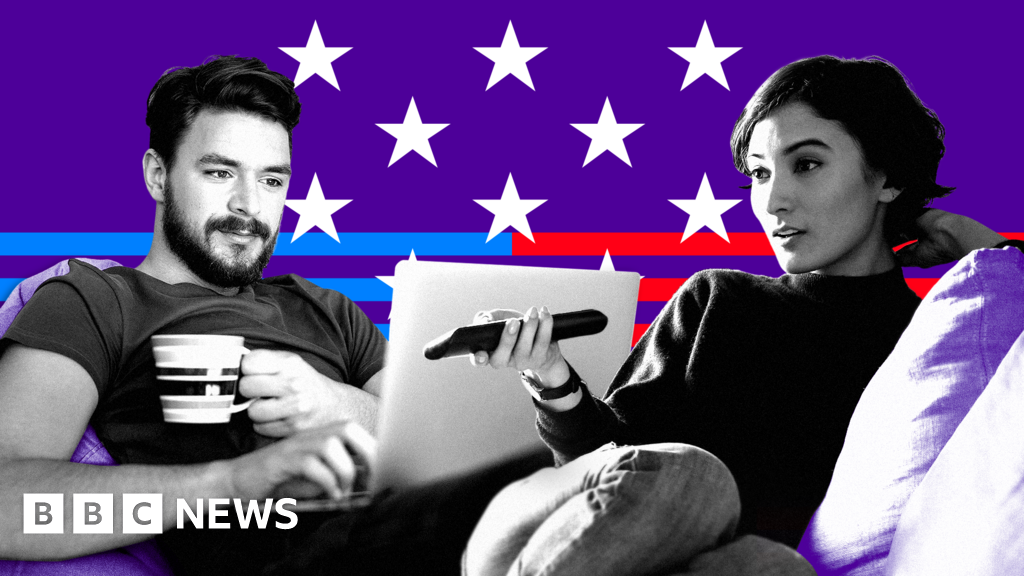World
Staying up? Here’s all you need to know about election night

By 00:00 GMT (19:00 EST), polls will be closing in Indiana, Kentucky, South Carolina, Vermont and Virginia, but these are not swing states, so the results will be predictable.
But voting will also close in the first swing state of the night, Georgia. Victory for either candidate could give a strong hint at which way the election could go.
Georgia was only narrowly won by Joe Biden last time. It also became the subject of false claims by Trump, who is accused of criminally conspiring to overturn his 2020 defeat.
The candidate with more votes than any other in Georgia will get 16 crucial votes out of 538 under the electoral college system.
Harris and Trump both want to gain a majority of 270 electoral college votes to win the White House. That matters more than the “popular vote” or the nationwide support they receive.
Soon afterwards, at 00:30 GMT (19:30 EST), polls close in three more states including in North Carolina.
Away from the presidential contest, there’s been huge interest in the state governor contest that pits state Attorney General Josh Stein against Trump-backed candidate Mark Robinson, whose campaign has been hit by scandals.
Polls close at the same time in Ohio, where Trump’s running mate JD Vance is a senator. Meanwhile, the two campaigns will be gathering at their headquarters for the evening – which we know will be in West Palm Beach, Florida, in Trump’s case. Harris is expected to spend some of the night at Howard University in Washington DC, where she was once a student.
At this point, some states might start to be “called” by US media outlets. They use models to project, or call, which way a state has voted, even before the full vote count has been completed.
This happens when they believe a candidate has gained a lead that cannot be beaten by their opponent. In some closely-fought swing states, this could take a long time.
The models the media outlets use draw on a variety of data, such as exit polls and actual votes counted by officials. The BBC gets this data from a firm named Edison Research.










